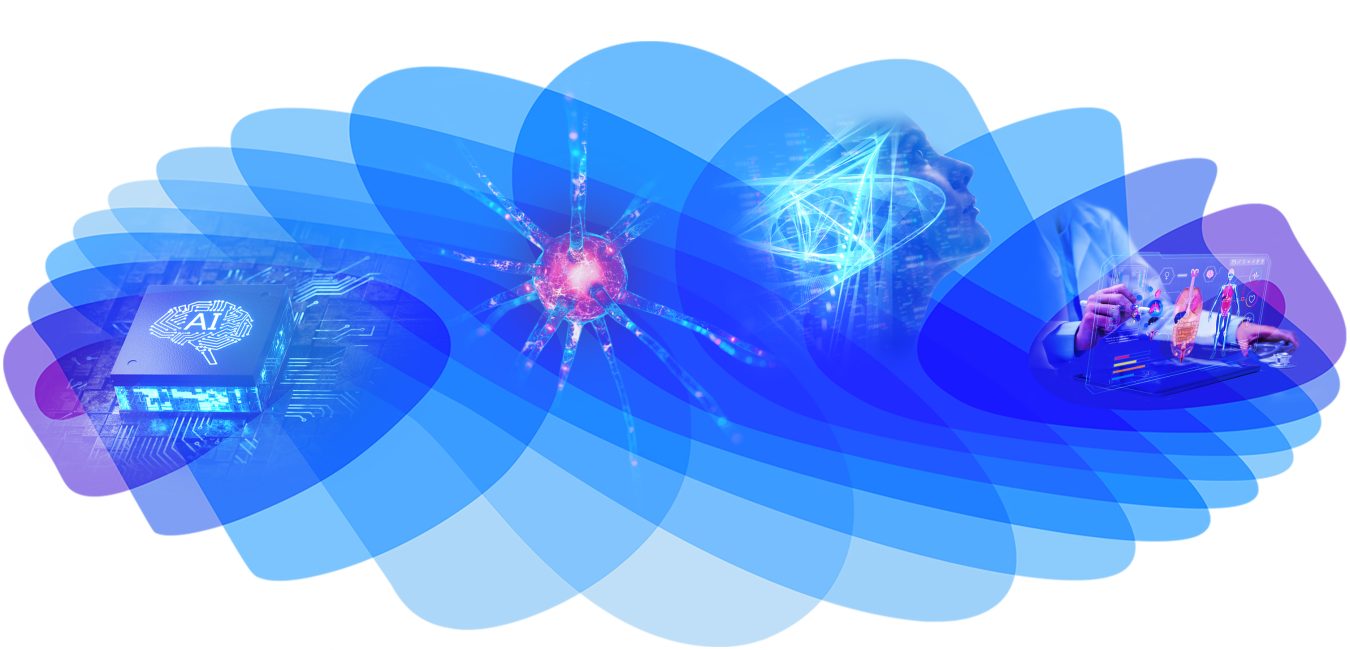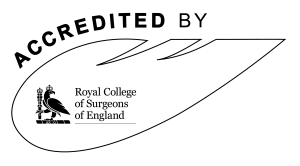Description
The workshop’s objective is to rigorously assess major technological advances in neurosurgery, concentrating on the latest scientific, clinical and commercial developments in the field. It highlights the challenges in adopting these innovations and discusses potential solutions. A primary focus will be given on the integration of precision imaging, robotics, and AI into neurosurgical procedures. These technologies aim to improve surgical precision, reduce invasiveness, and enhance patient outcomes. Neurosurgeons, innovators, and researchers will gather to exchange insights and progress in areas such as neuro-navigation systems, advanced intraoperative imaging, and robotic-assisted microsurgery. The development and use of AI for preoperative planning and intraoperative decision-making will also be a key topic. Interactive sessions will prompt discussions about the barriers in applying these technologies in clinical settings, including technical challenges in robotic surgery, and integrating AI into clinical workflows.
Attendees will have the opportunity to share their experiences, best practices, and innovative ideas, promoting an atmosphere of learning and knowledge exchange. The workshop provides a collaborative space for attendees, including clinical practitioners, industry representatives, and academic researchers, to gain a comprehensive understanding of advancements in neurosurgery. The workshop will conclude with a panel discussion on the future of neurosurgery, focusing on patient safety, surgical effectiveness, and the field’s ongoing evolution.
Programme
| 08:30 - 09:00 | Registration & Coffee | |
| 09:00 - 09:05 | Workshop Organisers | |
| 09:05 - 09:25 | Dr Jonathan Shapey (King’s College Hospital, King's College London) | |
| 09:25 - 09:45 | Dr Stamatia Giannarou (Imperial College London) | |
| 09:45 - 10:05 | Prof Ka-wai Kwok (University of Hong Kong, online) | |
| 10:05 -10:30 | Dr Rachel Sparks (King's College London) | |
| 10:30 - 11:00 | Coffee Break | |
| 11:00 - 11:20 | Prof. Bojan Jerbić (Chief Scientific Officer, Ronna Medical) | |
| 11:20 - 11:40 | Dr Dan Donoho (Children's National Hospital, USA) | |
| 11:40 - 12:00 | Marco Riva (HUMANITAS Hospital - Italy) | |
| 12:00 - 12:30 | Prof Ferdinando Rodriguez y Baena (Imperial College London) /Riccardo Secoli, Ca,mbridge Consultants | |
| 12:30 - 13:30 | Lunch Break | |
| 13:30 - 13:50 | Dr Hani Marcus (Queen’s Square Hospital NHS Trust, University College London) | |
| 13:50 - 14:10 | Prof Pierre Dupont (Boston Children’s Hospital) | |
| 14:10 - 14:30 | Prof Franziska Ullrich (FAU) | |
| 14:30 -15:00 | Dr Christophe Chautemns (Chief Technology Officer, NanoFlex) | |
| 15:00 - 15:30 | Coffee Break | |
| 15:30 - 16:00 | Panel and Roundtable Discussion | |
| 16:00 - 17:00 | Closing Remarks | |
| 17:00 | Workshop End | |
Learning Outcomes
The participants will learn about the state-of-the-art in AI and robotics for neurosurgery. They will be able to critically assess progress in the field over the past decade, as well as understand the direction that we are heading. They will be able to identify clinical, translational and commercialisation challenges for this domain, and rationally explore potential solutions leveraging their own expertise and what has been presented in the workshop. Naturally, the workshop will be a platform for networking among early and late-stage researchers, clinical practitioners, and members of industry.
Organisers
- Dr Riccardo Secoli, Cambridge Consultants
- Prof. Christos Bergeles, King’s College London
- Dr Hani Marcus, UCL Queen Square Institute of Neurology
This workshop is accredited for 6 CPD points.


